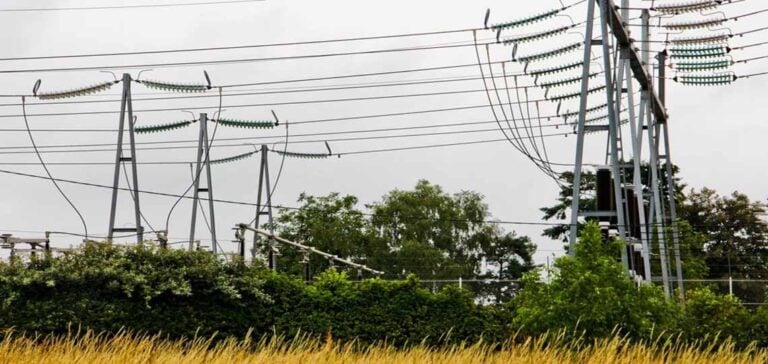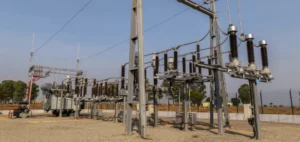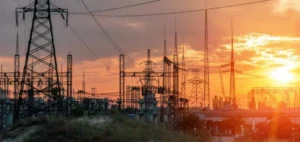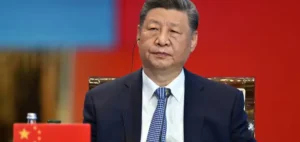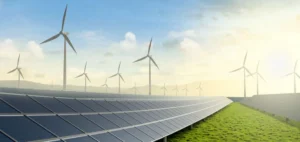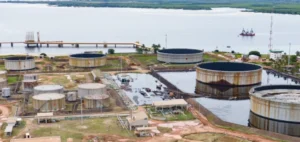France’s energy outlook for the winter of 2023-24 looks favorable, with reassuring security of supply forecasts. This year, the balance between demand and supply looks promising, with positive indicators such as the repair of key infrastructures and the development of renewable energies.
Anticipating a Serene Winter on the Energy Front
French power grid operator RTE has announced a significant reduction in the risk of power cuts. At the same time, the decline in energy consumption in France continues to be influenced by high energy prices and energy-saving measures. This trend has led to consumption remaining around 8% below the averages recorded between 2014 and 2019, reflecting a growing awareness and adaptation of consumer behavior.
Sobriety and Adaptation: The New Consumer Standards
On the supply side, optimism is also high, thanks to a number of factors. Firstly, a considerable portion of France’s nuclear fleet benefited from year-round checks and repairs, alleviating concerns about its winter availability which, although lower than in previous years, remains sufficient to meet current needs.
Nuclear Plant Reliability and Repair
Secondly, water and gas stocks are high for the season, providing an additional cushion in case of need. The ongoing development of renewable energies also contributes to this positive outlook. The Saint-Brieuc offshore wind farm is an example of these new capacities being added to the national energy mix, diversifying energy sources and reducing dependence on a single form of production.
The Positive Impact of Renewable Energies
According to Xavier Piechaczyk, Chairman of RTE’s Executive Board, the risk of load shedding remains “very low”. Scenarios requiring the use of back-up resources would be the result of a combination of particularly unfavorable circumstances, an eventuality deemed unlikely for this winter.
Current export : A turn of events
It’s worth noting that, after having to import electricity in 2022 due to corrosion problems in several reactors, France has reversed the trend and has been exporting power again since January. This dynamic illustrates a significant improvement in the country’s energy situation.
Ecowatt: A Preventive and Educational Tool
In addition to preventive measures, the Ecowatt alert system plays a crucial role. It is designed to inform users of a potential risk on the network and encourage them to postpone consumption. The probability of triggering orange or red alert levels is low, with a green signal expected throughout the winter season. The application, widely adopted by over 3 million users, offers a new feature indicating the periods of the day when consumption can be covered by so-called “decarbonized” energy production.


